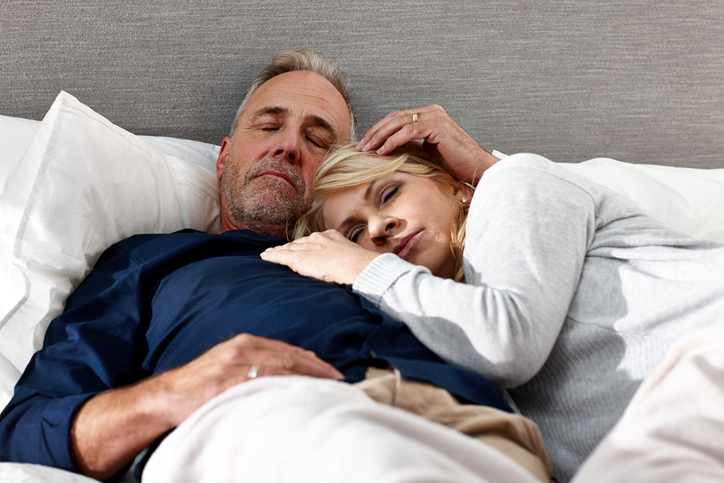The Impact Of Hormonal Imbalance In Men
It is easy to forget that women are not the only ones affected by hormone imbalance.

When we talk about hormonal imbalance, we naturally assume we are talking about women, but men also experience natural periods of hormonal imbalance during their lifetime.
Risks to men of hormone imbalance
Men are also at risk of developing different hormonal imbalances than women because they have different endocrine organs and cycles.
Men experience imbalance at two natural life transitions: puberty and ageing.
They are also subject to certain medical conditions that affect them including prostate cancer and hypogonadism (low testosterone).
Symptoms of hormonal imbalance in men include:
– reduced sex drive
– erectile dysfunction (ED)
– low sperm count
– reduced muscle mass
– reduced body hair growth
– overdevelopment of breast tissue
– breast tenderness
– osteoporosis
Treatment
Treatment may vary depending on the cause.
However three of the symptoms are related to the increase seen in men of oestrogen dominance such as breast size increase and sensitivity, and osteoporosis.
These can often be helped by supplementing with progesterone.
Standard treatment options for men with hormonal imbalance include testosterone medications which can help reduce symptoms of hypogonadism and other conditions that cause low levels of testosterone, such as delayed or stunted puberty.
Also, men as they get older have a tendency to produce less testosterone and more di-hydrotestosterone, which seems to have an over stimulating effect on cells.
Progesterone could have the effect of neutralising the di-hydrotestosterone, which would thus help to maintain testosterone levels.
It is also thought that progesterone may have an effect on the genetic coding of some cells, and in this prevents the development of abnormal cells.
Another major factor for hormone health is to implement any necessary lifestyle changes such as:
– maintaining a healthy body weight
– eating a nutritious and balanced diet
– exercising regularly
Lifestyle factors that affect both men and women:
– avoiding triggers that cause hot flushes, such as warm or tight synthetic clothing and spicy, rich, or hot foods and drinks
– reducing and managing stress
– avoiding processed foods
– replacing older non-stick pans with ceramic pans
– using glass, not plastic, containers to store and heat foods and drinks
– restricting the use of cleaning products that contain toxic chemicals, such as bleach
– buying fruit and vegetables that have not been sprayed with pesticides or ripening chemicals
– not microwaving foods and drinks in plastic containers or coverings
Helpful information
The increasing rise of oestrogen dominance in men, which is also linked to an increased risk for prostate cancer, is certainly a major concern so anything that could be done proactively is always a good start for better health.


















